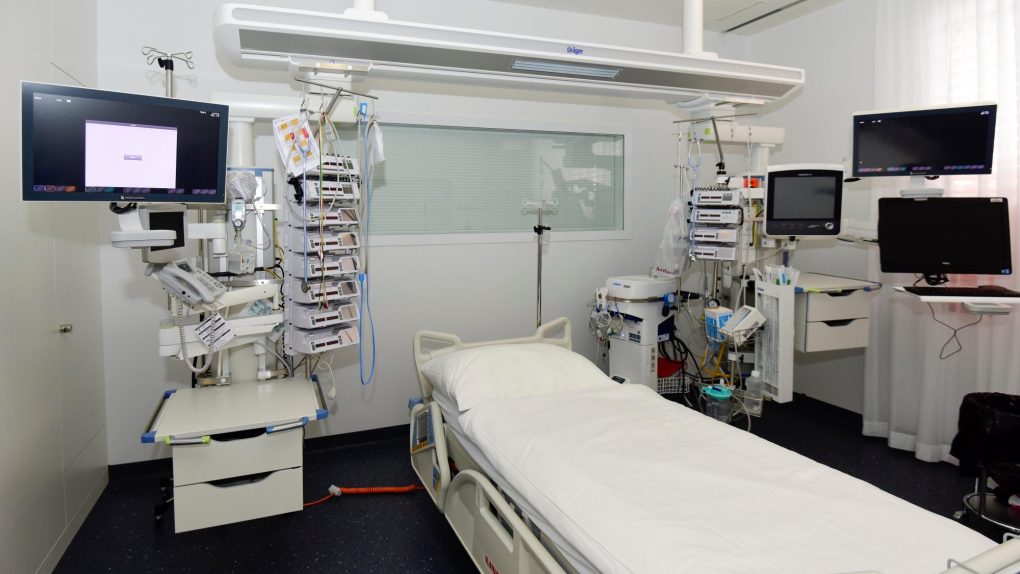As scientists continue to toil away at creating machine learning algorithms that will one day enslave humanity save us all, artificial intelligence researchers have discovered that computers are outpacing human doctors in a number of important areas. We’ve already seen the ability of AI to spot things like cancer, and a new study reveals that a digital brain may also be better at predicting overall mortality and specific conditions such as heart attack with greater accuracy than a trained individual.
The research, which was presented at the International Conference on Nuclear Cardiology and Cardiac CT, suggests that we may be fast approaching a day when artificial intelligence works hand-in-hand with medical professionals to anticipate life-threatening problems before they occur.
The researchers, led by Dr. Luis Eduardo Juarez-Orozco of the Turku PET Centre in Finland, trained a machine learning algorithm on a data set of nearly 1,000 patients. The data, which spanned six years for each patient, included dozens of variables that the computer had to digest in order to draw correlations between instances of death and heart attack with data on various heart and blood flow readings.
“The algorithm progressively learns from the data and after numerous rounds of analyses, it figures out the high dimensional patterns that should be used to efficiently identify patients who have the event,” Dr. Juarez-Orozoc said in a statement. “The result is a score of individual risk.”
As each variable was taken into account the predictive accuracy of the AI to anticipate a heart-related event or a death increased dramatically. Once the system had crunched all of the available data it managed a predictive score of around 90 percent, which is significantly better than most doctors are able to score based on the typical amount of information they have on each patient.
“Doctors already collect a lot of information about patients – for example those with chest pain,” Dr. Juarez-Orozco said. “We found that machine learning can integrate these data and accurately predict individual risk. This should allow us to personalise treatment and ultimately lead to better outcomes for patients.”








